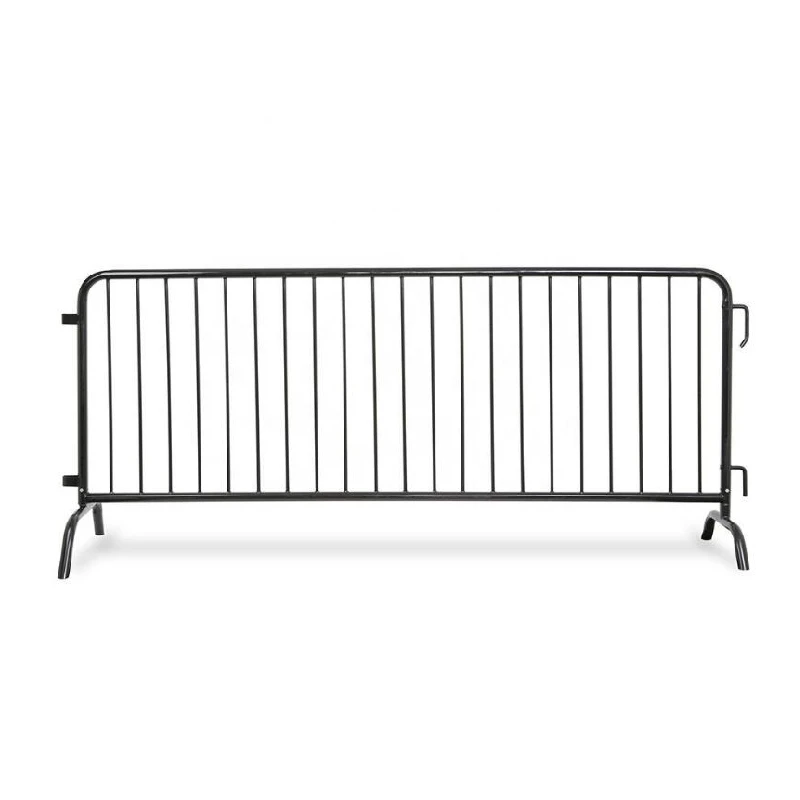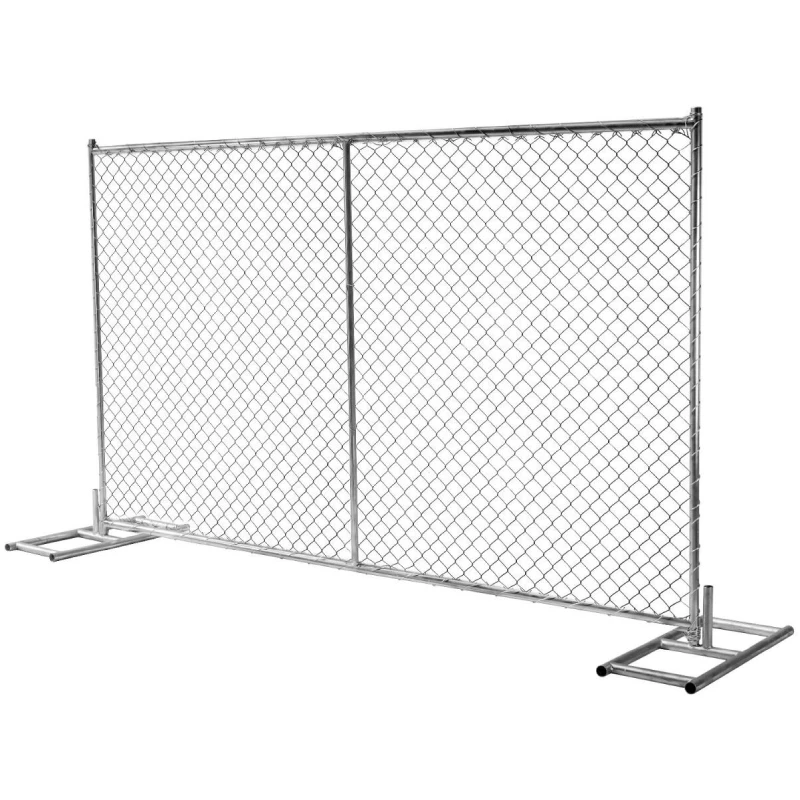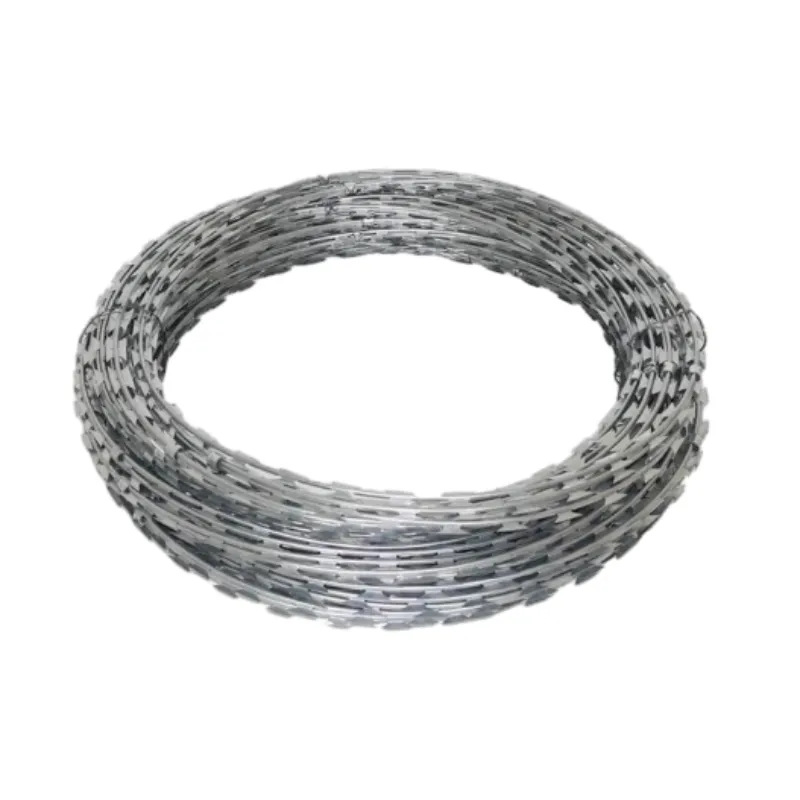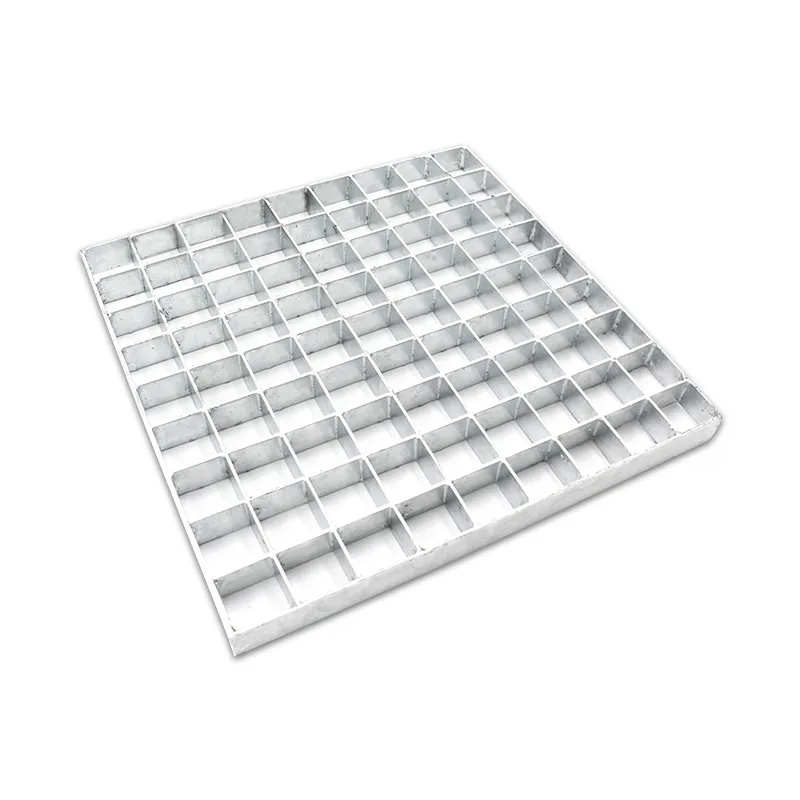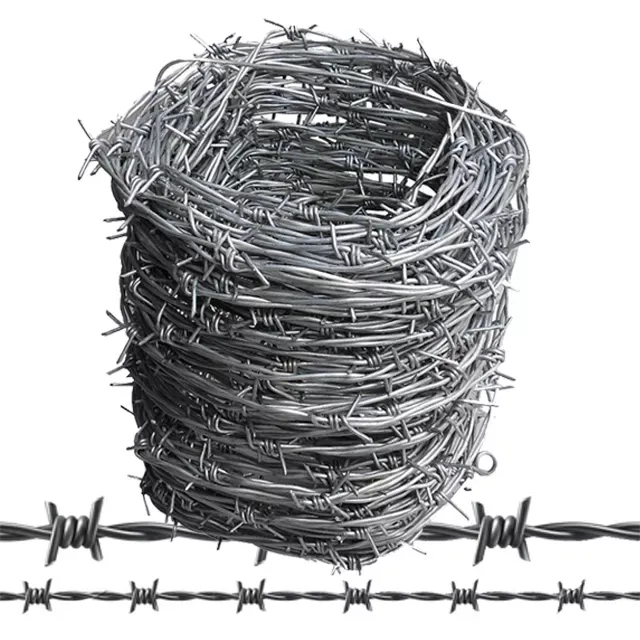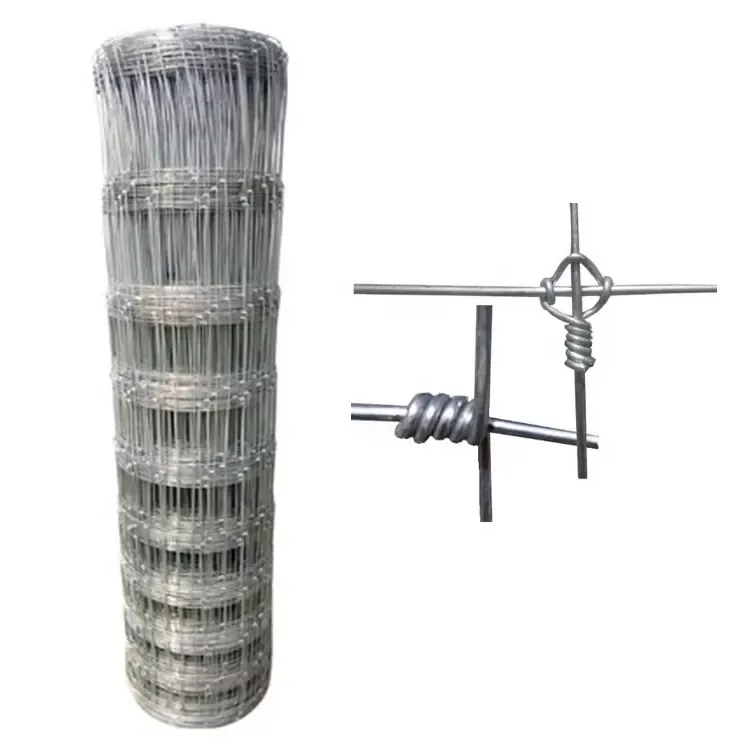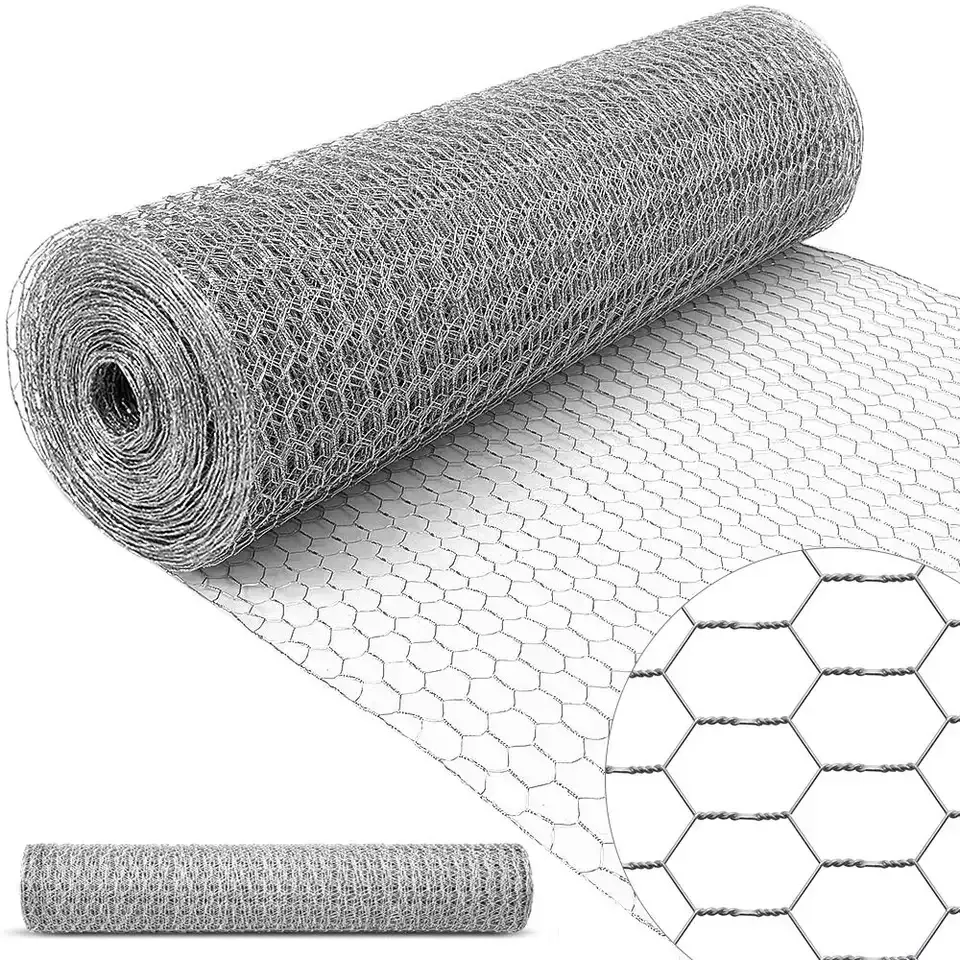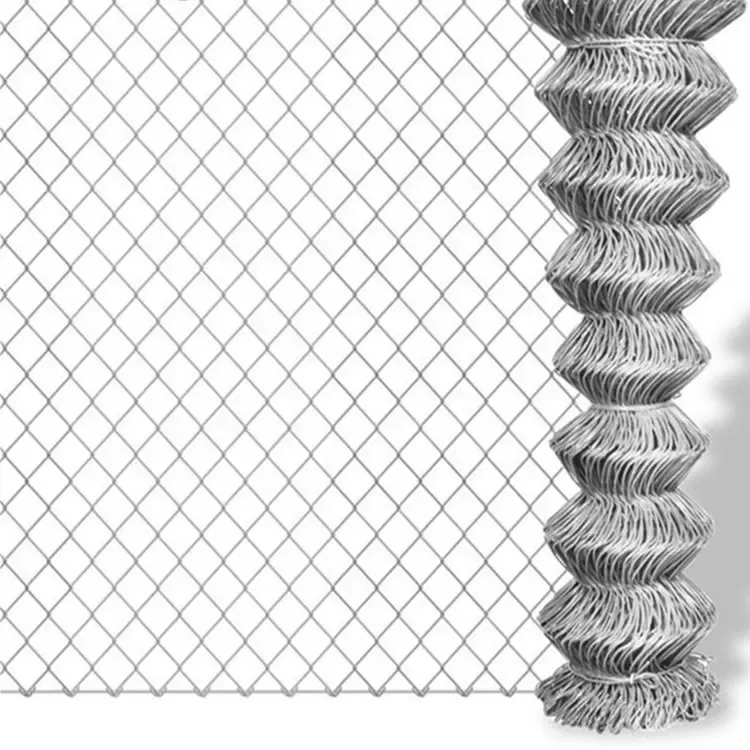
- Afrikaans
- Albanian
- Arabic
- Armenian
- Azerbaijani
- Basque
- Belarusian
- Bengali
- Bosnian
- Bulgarian
- Croatian
- Czech
- Danish
- Dutch
- English
- Esperanto
- Estonian
- Finnish
- French
- Galician
- Georgian
- German
- Greek
- hawaiian
- Hindi
- Hungarian
- Indonesian
- irish
- Italian
- Lao
- Latvian
- Lithuanian
- Luxembourgish
- Macedonian
- Maltese
- Myanmar
- Norwegian
- Polish
- Portuguese
- Romanian
- Russian
- Serbian
- Slovak
- Somali
- Spanish
- Swedish
- Thai
- Turkish
- Turkmen
- Vietnamese
ডিসে. . 11, 2024 09:59 Back to list
Understanding Standard Sizes for Wire Mesh in Various Applications
Understanding Wire Mesh Standard Sizes A Comprehensive Overview
Wire mesh is a versatile material used in various applications, ranging from construction and manufacturing to agriculture and art. The standard sizes of wire mesh play a crucial role in ensuring that it meets specific requirements for strength, durability, and functionality. This article will explore the key aspects of wire mesh standard sizes, including common specifications, applications, and selection criteria.
What is Wire Mesh?
Wire mesh is made by weaving or welding wires together to create a grid-like structure. It comes in various materials, including stainless steel, galvanized steel, and nylon, each providing different properties suited for specific applications. The mesh can vary in terms of wire diameter, aperture size (the space between the wires), and overall dimensions. Understanding these specifications is essential to selecting the right type of wire mesh for any project.
Standard Sizes of Wire Mesh
Wire mesh is typically categorized by its mesh count and aperture size. The mesh count refers to the number of openings per linear inch, whereas the aperture size is the physical dimension of each opening. Common wire mesh sizes include
1. Wire Diameter Ranges typically from 0.5mm to several millimeters. The diameter of the wire significantly influences the strength and load-bearing capacity of the mesh. 2. Aperture Size Common aperture sizes can range from 1/8 inch to several inches. The appropriate size depends on the intended use; for example, a smaller aperture is ideal for applications like filtration, while larger apertures are used in fencing or shading.
3. Screen Size Wire mesh is available in various screen sizes, including 30 mesh, 40 mesh, and 100 mesh, with the number indicating the mesh count. A higher mesh count means finer filtration capabilities.
4. Panel Sizes Standard panel sizes usually include 3x8 feet, 4x8 feet, and custom sizes available upon request. Understanding panel dimensions is essential for construction and installation processes.
Applications of Wire Mesh
Wire mesh is used in various fields, each dictating specific requirements based on the characteristics of the material. Some common applications include
wire mesh standard size
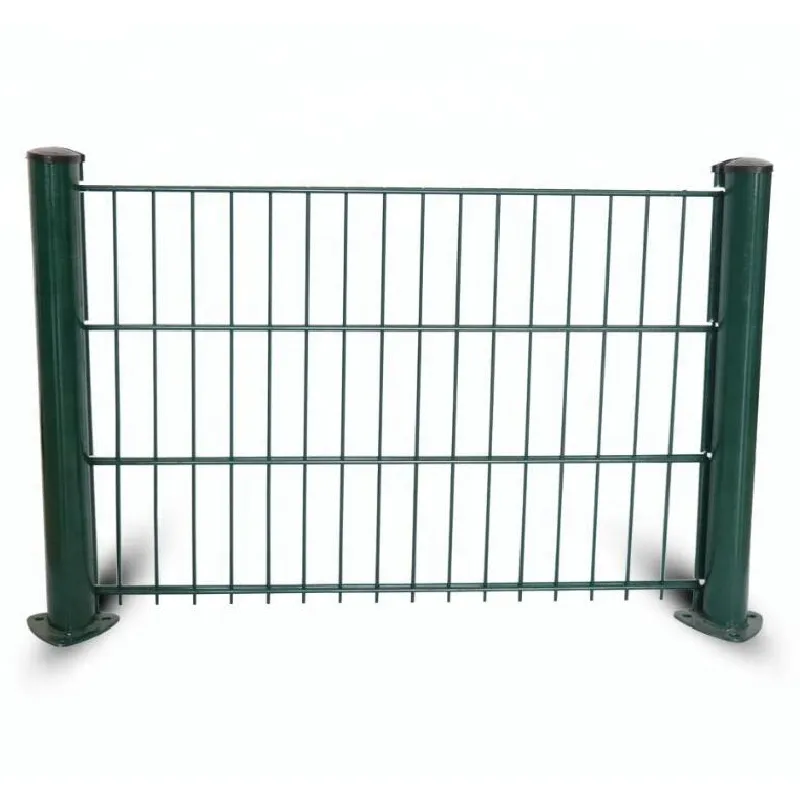
2. Agriculture Wire mesh is widely used in fencing for livestock, supports for plants, and protective barriers for crops.
3. Industrial In manufacturing, wire mesh serves as filters, supports, and screens, playing a crucial role in processes like separation and sorting.
4. Home and Garden Aesthetic and functional applications include garden fencing, trellises, and decorative art installations, where the visual appeal combines with structural integrity.
Factors to Consider When Choosing Wire Mesh
When selecting wire mesh, several factors need consideration
1. Material The choice of wire material will affect the mesh's resistance to corrosion, strength, and flexibility. For example, stainless steel is suitable for harsh environments, while galvanized wire is often used for outdoor applications.
2. Wire Diameter and Mesh Count Depending on the load-bearing requirements and the substance to be filtered, choosing the right wire diameter and mesh count is critical.
3. Aperture Size The desired level of filtration or containment will guide the choice of aperture size. Ensuring that the mesh meets the physical requirements of the intended application is key.
4. Cost Budget constraints should also be kept in mind. While a specific type of wire mesh may offer superior performance, it should align with the project's financial limitations.
Conclusion
Wire mesh is an indispensable material with broad applications across many industries. Understanding the standard sizes and specifications helps in making informed decisions tailored to specific needs. By considering factors such as material, wire diameter, aperture size, and cost, one can effectively select the right wire mesh that fulfills all functional requirements while staying within budget. Whether for construction, agriculture, or artistic expression, the right wire mesh is essential for achieving optimal results.
-
Your Ultimate Solution for Australian Temporary Fencing
NewsMay.14,2025
-
The Ultimate Guide to Crowd Control Barriers: Secure Your Events with Ease
NewsMay.14,2025
-
Secure Your Livestock with High-Quality Livestock Fence Panels
NewsMay.14,2025
-
Enhance Your Livestock Management with Top-Quality Cattle Fences
NewsMay.14,2025
-
Enhance Security and Safety with Temporary Fencing Solutions
NewsMay.14,2025
-
Corral Gates
NewsMay.14,2025


